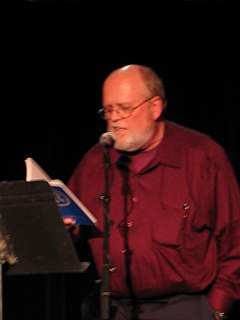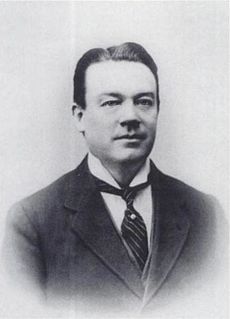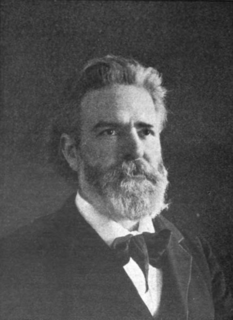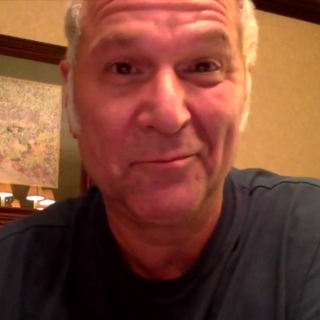A Quote by Erin McKean
Writers who hedge their use of unfamiliar, infrequent, or informal words with 'I know that's not a real word,' hoping to distance themselves from criticism, run the risk of creating doubt where perhaps none would have naturally arisen.
Related Quotes
The words 'maybe' and 'perhaps' are literally the same - the flavor is the same, the educational level is the same. But you just know when to use maybe and when to use perhaps. I think it's because of this: You get to know the tastes or musical tastes of words themselves, and this informs your choice, whether you use them or not.
I don't like to use the words 'real women,' honestly. I like to use the word 'woman.' And I say that because there are so many women out there who are naturally thin or are naturally curvy, and I think when we start putting a label on the type of woman, it gets misconstrued and starts to offend people.
I don't like to use the words "real women," honestly. I like to use the word woman. And I say that because there are so many women out there who are naturally thin, or are naturally curvy, and I think when we start putting a label on the type of woman it gets misconstrued and starts to offend people. At the end of the day we just all want to be known as women or models or actresses or whatever.
What's happening is the language. Not only in the usual sense of being interesting (which it is), but in the new sense that words are events, as real and important in themselves as wars and lovers... It is to the word, then, that the mind moves, and the word responds by taking on a physicality, even a sensuality, we have all been trained to ignore. Words have weight, and the distance between two can be a chasm filled with forces of association... What Clark is doing is genuinely new.
Kids use words in ways that release hidden meanings, revel the history buried in sounds. They haven't forgotten that words can be more than signs, that words have magic, the power to be things, to point to themselves and materialize. With their back-formations, archaisms, their tendency to play the music in words--rhythm, rhyme, alliteration, repetition--children peel the skin from language. Words become incantatory. Open Sesame. Abracadabra. Perhaps a child will remember the word and will bring the walls tumbling down.
True belief is not about blind submission. It is about open-eyed acceptance, and acceptance requires persistent distance from the truth, and that distance is doubt. Doubt, in other words, can feed faith, rather than destroy it. And it forces us, even while believing, to recognize our fundamental duty with respect to God's truth: humility. We do not know. Which is why we believe.
There is a note that comes into the human voice by which you may know real weariness. It comes when one has been trying with all his heart and soul to think his way along some difficult road of thought. Of a sudden he finds himself unable to go on. Something within him stops. A tiny explosion takes place. He bursts into words and talks, perhaps foolishly. Little side currents of his nature he didn't know were there run out and get themselves expressed. It is at such times that a man boasts, uses big words, makes a fool of himself in general.
The language in New Mexico is very different. At first when you hear the speech here, you don't really know what to do with it, but then I just went with it, because as a writer as well as a translator I do believe that translated words are not different names for the same thing. They're different names for different things. I tried to stay as true as I could, so I used Ruben Cobos' dictionary of Southwestern Spanish, and when I went into Spanish I never assumed the word I would use would be the word a nuevomexicano would use.


































